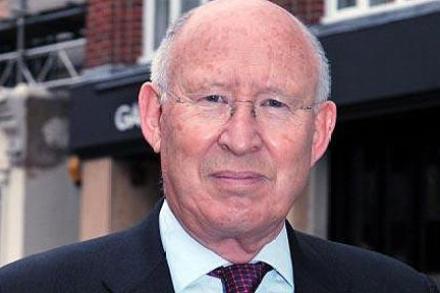In response to CoffeeHousers
CoffeeHousers have left some characteristically forthright and thoughtful comments on the blog about my Keith Joseph lecture, and I thought I’d answer them in a post. Tiberius says that I don’t mention voters very much – I talk only about ideas. The voters have been taught Labour ideas: isn’t this something the Tories have to deal with? First, I firmly believe that the public are open to persuasion, open to new ideas having seen the collapse of Labour’s ideas. But, in my lecture (full text here), I do mention voters quite a lot. As Keith Joseph put it, it is folly to seek the ‘middle ground’ between political parties,



















